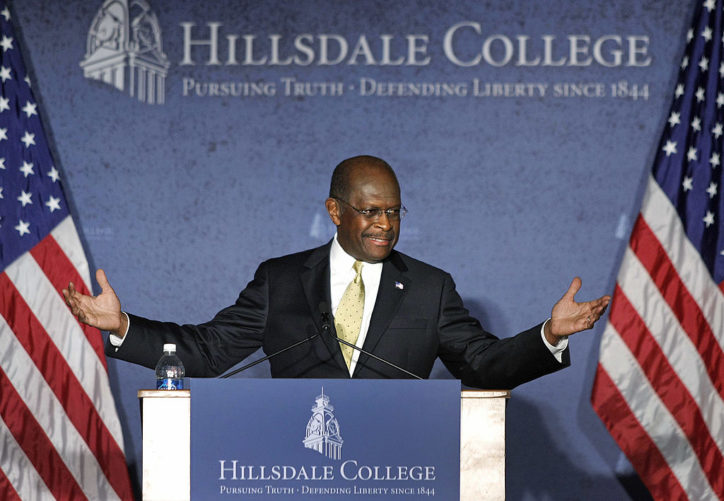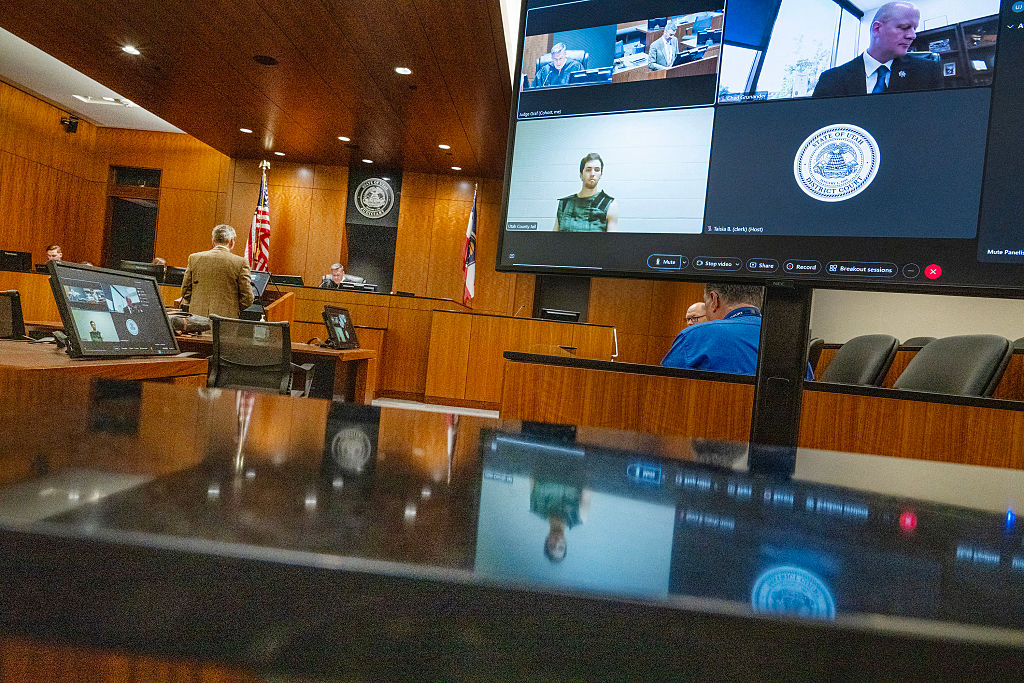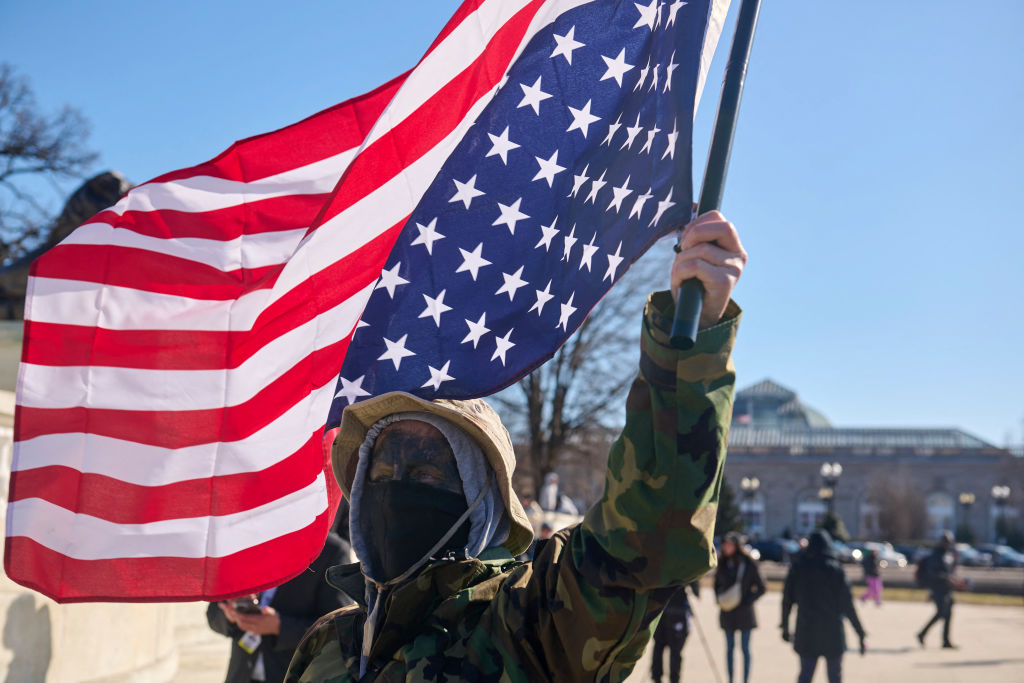Did you go to college? If so, then it is overwhelmingly likely that you have been the recipient of a nauseating communication like this one from ‘Maud’ (that would be Maud S. Mandel, President of Williams College) explaining how Williams will ‘confront and fight racial and social injustice.’
I hope that you are impressed by both Maud’s bravery and her virtue. In an earlier communication, just as the wave of violent hooliganism began rolling over the country at the end of May, she let us know that she is ‘disgusted, saddened and angered by ongoing racism in all forms and places’ (every last one!). What a paragon she is! Maud then went on to ‘state unequivocally’ (unequivocally!) ‘that Williams condemns racism, violence, and injustice and will continue using its resources’ (almost $3 billion) ‘to help students — and society writ large — better understand these forces so we can continue to fight them.’
There are a few things to note about all such communications. One is how similar they are to one another. It’s as if all those college presidents and CEOs of woke companies are working from the same list of bullet points distributed some semi-literate affiliate of antifa or Black Lives Matter. You’ll see the same clichéd phrases dusted off and crammed together in drearily conformist globules of thought-free emotive sentimentality. Claudius disingenuously said that Denmark was contracted in ‘one brow of woe’ because of the elder Hamlet’s death. Something similar can be said about the incontinent displays of pseudo-anguish by our elites.
A second, and related, thing to notice about such communications is how inexpensively purchased is their distress. ‘Disgusted, saddened, and angered,’ indeed. Do you believe it? Or do you think the outrage is 99 percent manufactured, off-the-rack posturing?
That’s what I think. And I further conclude that the third thing to notice about all these declarations of solidarity is that the remaining one percent of genuine emotion stems from the underlying fuel of all these little displays of virtue-signaling: cravenness born of fear. The Mauds of the world are always kneeling in their souls. They look around at the mayhem and hope, like Odysseus in the cave of Polyphemus, that they will be eaten last. They could choose to stand up for the rule of law, without which civilization must perish. But they choose instead to stand with the mob, partly because they are seduced by the blandishments of its virtucratic slogans, partly because of that acrid taste of fear that always powers the mob. ‘But we’re on your side!’ they wail to the brick-throwers. It availeth not.
In many ways, the dichotomy resolves itself into mindless cacophony, on one side, and thoughtful silence on the other. I think of Edmund Burke’s great observation in his Reflections on the Revolution in France. ‘The vanity, restlessness, petulance, and spirit of intrigue, of several petty cabals, who attempt to hide their total want of consequence in bustle and noise, and puffing, and mutual quotation of each other, makes you imagine that our contemptuous neglect of their abilities is a mark of general acquiescence in their opinions.’
Not at all, Burke says.
‘Because half-a-dozen grasshoppers under a fern make the field ring with their importunate chink, whilst thousands of great cattle, reposed beneath the shadow of the British oak, chew the cud and are silent, pray do not imagine that those who make the noise are the only inhabitants of the field; that of course they are many in number; or that, after all, they are other than the little shriveled, meager, hopping, though loud and troublesome insects of the hour.’
What brought Burke’s famous words to mind was the splendid statement by the leaders of Hillsdale College that was just published in The Collegian, the college newspaper. Noting that many alumni and others with an interest in Hillsdale had lately been urging the college to hop onto the mea-culpa bandwagon being ridden by most colleges these days, the letter notes that their silence about the riots and related phenomena had led them to be ‘charged with negligence — or worse’, the ‘worse’ of course being the cardinal sin of racism.
The authors of the letter then say something that underscores why Hillsdale is an oasis of intellectual and political maturity in the desert of politically correct, cowardly conformity that characterizes most of American higher education today. ‘It is not the practice of the College,’ the letter proceeds, ‘to respond to petitions or other instruments meant to gain an object by pressure. The College operates by reasoned deliberation, study, and thought.’ Hallelujah! When was the last time you heard either of those things emanating from a college administration, 1) that it does not respond to efforts at intimidation or emotional blackmail or 2) that it operates not by political activism but ‘by reasoned deliberation, study, and thought’?
The letter writers go on to note that Hillsdale has been pressed ‘to decry racism and the mistreatment of Black Americans in particular’. But just this, they note, ‘is precisely what the College has always said’, since before the time of the Civil War.
The paradoxes are many. ‘The College is told that invoking the high example of the Civil War or Frederick Douglass is not permitted. Perhaps it is thought that nothing relevant can be learned about justice and equality from the words and actions of great men and women in history. Instead, the College is guilty of the gravest moral failure for not making declarations about…justice and equality.’
[special_offer]
To its critics, Hillsdale’s silence, its refusal to join the mob of kneelers and capitulators and sentimentalizers, is a moral affront. Failing to issue statements about racism makes them complicit with racism. But wasn’t Hillsdale’s founding as an equal-opportunity educational institution in 1844 a statement? Hillsdale admitted blacks long before Williams or Yale or Harvard or Princeton or, indeed, long before any elite college. Isn’t its teaching and commitment to the truth a statement, ‘especially as it takes up — with vigor — the evils we are alleged to ignore, evils like murder, brutality, injustice, destruction of person or property, and passionate irrationality’?
The letter concludes by noting that there is ‘a kind of virtue that is cheap’. You see it everywhere today. ‘It consists of jumping on cost-free bandwagons of public feeling…and winning approval by espousing the right opinions.’ There is something stultifying and deeply repellent about the blanket of conformity with which freedom of expression is silenced, to the absurd point that even silence is silenced by being taken as evidence of Orwellian wrongthought. We are indeed flirting with the nightmare world of the Maoist ‘struggle session’ in which disagreements mutate into heresies that can be resolved only by ritual expurgation. Is that what we want?
Burke’s ‘importunate chink’ is all around us. It is, as he notes, loud and troublesome. But in the end, its source is only that handful of ‘little shriveled, meager, hopping insects of the hour’. The entire country owes Hillsdale College thanks for its stately defense of dignified silence in the face of chirping activists and for the cause of liberty and its guarantor, ‘reasoned deliberation’.

























